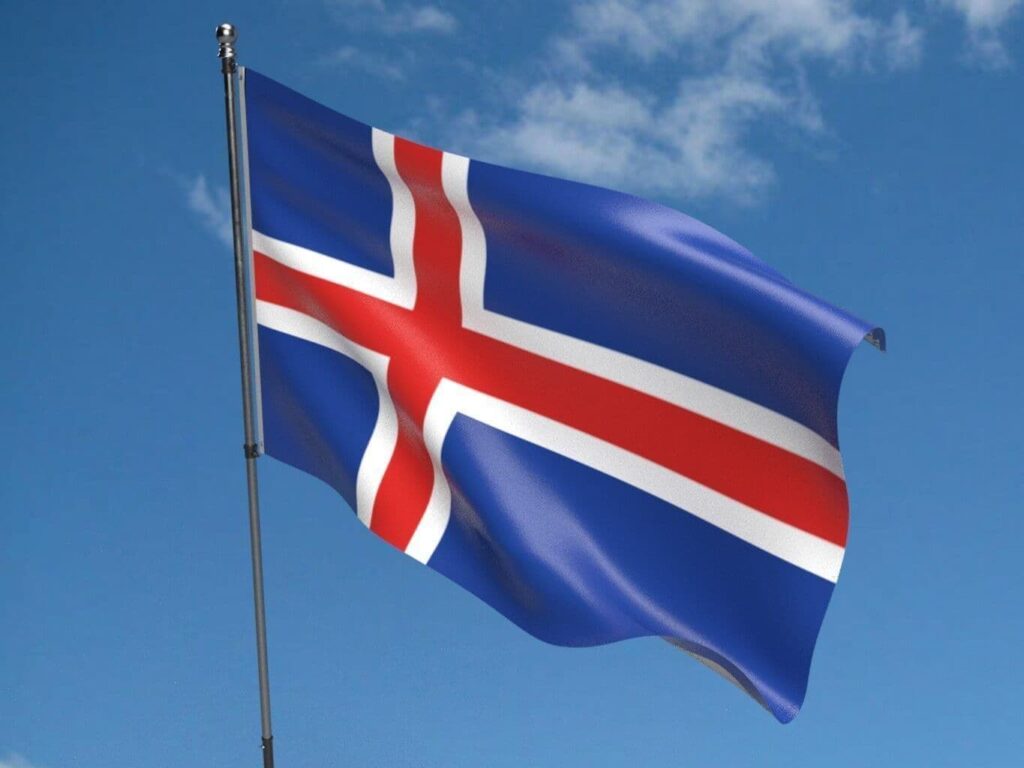Iceland, with its breathtaking nature and vibrant culture, beckons to expats seeking a distinctive lifestyle. This comprehensive guide delves into the expat experience, offering insights into daily life, the rich cultural fabric, and the pristine landscapes of this Nordic island nation.

Individuals and society
Iceland had previously been rather isolated before advances in modern transportation allowed European countries to become more integrated. Iceland provides a remarkable opportunity to embrace solitude with its population density of less than three people per square kilometer, making it Europe’s least populous country. Although the crisis had an impact, Iceland’s path to recovery has been remarkable and successful, shaping life in this modern country. This is because the government decided to let the banks collapse and start again.
Accommodation
For many expatriates, securing accommodation before their international move is generally more practical and less stressful, often during a short initial visit. However, not all foreign individuals have the luxury of visiting Iceland solely for house hunting. Instead, until you locate your dream location, a guesthouse or Airbnb may be a practical short-term solution. Around 80% of Iceland’s real estate is privately owned, and most locals favor purchasing over renting. Reykjavik’s rental market is limited, leading to higher prices than smaller areas.
Cost of living and rent subsidies
Iceland has a very expensive cost of living. Renting a small Reykjavik apartment can cost 175,000 ISK per month. Groceries, clothing, and indulgences like alcohol are relatively expensive. Even with a reasonable income, you may find yourself seeking financial aid. For those holding a lease for a minimum of six months and aged 18 or older, rent subsidies are available. Each application is valid for a year and requires renewal as necessary. You can only be compensated for residential dwelling, though.
The public health
Iceland does not have a private healthcare industry; instead, the government oversees and finances all medical services. Everyone in Iceland is entitled to healthcare coverage, and all citizens and residents pay taxes. Expats must register and have lived in Iceland for at least six months to be automatically covered. The public healthcare system cannot be avoided. Iceland’s national healthcare system encompasses an extensive array of medical services, from hospital care and prescription medications to dental treatments, emergency services, and maternity care. Additionally, it offers sickness benefits to individuals facing temporary work disruptions due to illness or injury. Serious illness medications are partially covered at around 75%, although patients are responsible for expenses related to antibiotics and painkillers. In each community, a doctor is usually available around the clock, and if needed, you can visit the emergency room (Slysadeild) at a hospital.
Education
Iceland has maintained a high-quality education system and universal literacy since the late 18th century. Presently, children aged six to sixteen are obligated to attend school. The Icelandic educational system comprises four distinct phases, with only the initial two being compulsory. There are no tuition costs and all kids are welcome to enroll in this, which encompasses primary and lower secondary education. Even though higher secondary education is non-compulsory, it is provided free of charge. Students entering upper secondary education usually fall between 16 to 20 years of age and upon graduation, are awarded a diploma that grants them access to university. Iceland has extremely few private and foreign schools, albeit Reykjavik is home to the foreign School of Iceland. On the other side, Menntaskólinn vid Hamrahld is an Icelandic school that provides IB courses.
Security and crime
Iceland has a fairly low crime rate, with stealing and pickpocketing being the majority of crimes. These mainly take place in Reykjavik near popular tourist destinations where people are seen as easy prey. Contrarily, violent crimes are quite seldom. Emergency services and police are understaffed outside of Reykjavik but are assisted by voluntary civilians. It is against the law to drive while intoxicated in Iceland, and violators who additionally possess, use, or traffic illegal narcotics risk severe penalties and lengthy jail terms.
You may also find these articles helpful
